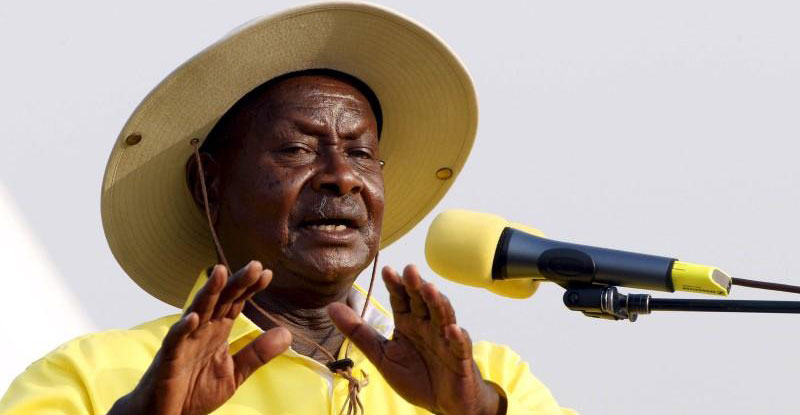According to the Second National Development Plan (NDPII), Uganda aspires to reach lower middle income status by 2020. It’s yet a mileage which requires strong commitment in terms of resources especially if we are to consider what it takes to be in that dim light.
According to World Bank specification, 000) per month.
However, there seems to be a mismatch in Uganda’s commitment towards this great dream. For instance in the 2017/18 budget, agriculture sector which employs more than two thirds of Ugandans (80%) received a minute share of 3.8% (828.5Billion).
Another sector which would have higher spillover effects like innovation and science received a meager0.3% (71.9Billion),of thebudget, the least among the allocations.
Moreover, there is still a lot of waste of Uganda’s resources in form of increasing administrative expenditure, mainly as a result of proliferation of administrative units such as districts. It is commendable that there are some people who are already in middle income and others in the first class economy.
However, majority of Ugandans are still below this status and many non-poor Ugandans according to the Poverty Assessment Report by World Bank 2016 are at the risk of falling back into poverty. Middle income status might require discipline in a number of areas, from political, social to economic reforms. On the economic side, people and government must be concerned about wasteful expenditure.
There is greater need for well-coordinated and strategic partnership within government and private sector, civil society and local beneficiaries for robust implementation of public investment management processes.
Equally, there is need to explore more innovative and efficient approaches especially using locally available resources to mentor enterprises, and solving some of the most pressing needs of the poor.
In addition, the government and other stakeholders need to help people select appropriate, manageable and sustainable enterprises according to their rural or urban settings where they can be able to earn at least150,000 monthly. Then, help introduce more than one income stream projects that if possible bring in weekly or daily incomes.
Third, also supportthe setting up of income generating streams for medium and long term duration of every four to six months, and annually. These can all be done through mobilization and creative application of resources within the communities, presently idle or put to wasteful use.
Given that majority of the population is in the agriculture sector, an effort to reform and restructure agricultural practices especially sub-standard and unregulated inputs on the market including planting materials, fertilizers, and pesticides must be embraced.
Therefore as we strive to reach lower middle income by 2020, there is a need for a well-coordinated strategic and policy interventions in key areas: like income growth acceleration (agriculture), technology and innovation and reduction in wasteful administrative expenditure.
Richard Ssempala- Research Associate Uganda Debt Network.








